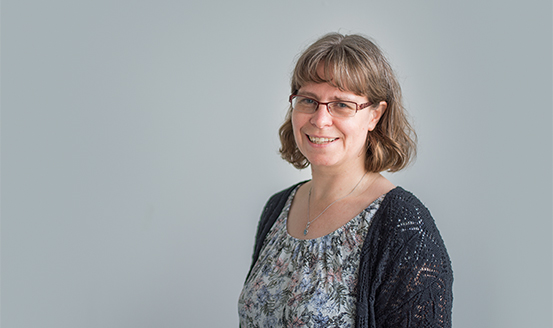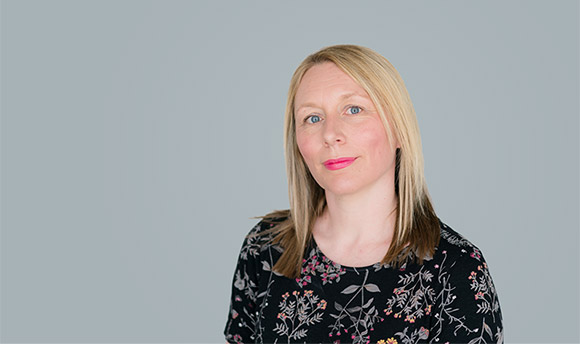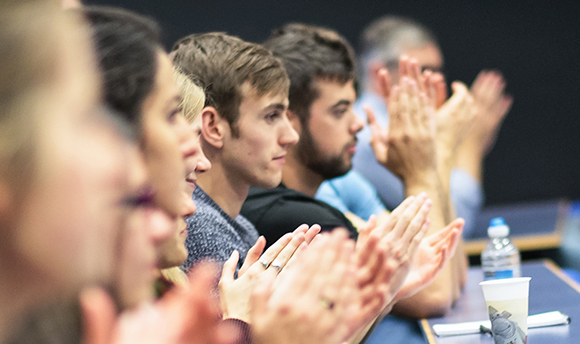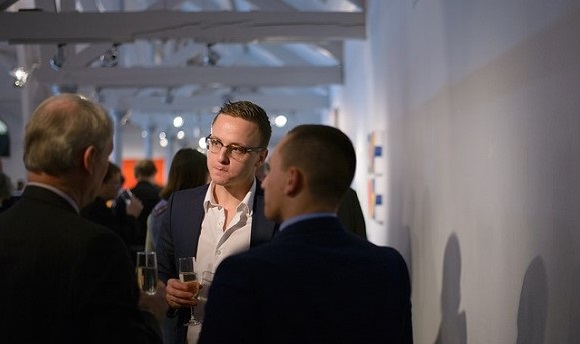100% overall student satisfaction (NSS 2021)
Master of Radiography: Diagnostic (MDRad)
This four year integrated master’s course will give you the theoretical understanding and practical skills you will need to build a rewarding career as a diagnostic radiographer. Practice placements are an integrated part of the course and allow students to put their theoretical knowledge into practice.
This course, delivered by staff with an outstanding reputation for the quality of teaching, will equip you with all the knowledge and skills that you require to work as a diagnostic radiographer. You will develop your expertise through in-depth theoretical learning, clinical placements each year and the close support of our very experienced staff.
QMU has 100% overall student satisfaction for Diagnostic Radiography (Source: NSS 2021)
Why QMU?
- You will enjoy a very high level of support and mentoring from our staff. We do not take as many students as some institutions, so you will enjoy a more individual and interactive learning experience.
- We have excellent relationships with our clinical placement sites that allows us to support you constantly when you are on placement. You will be the only student on the team during your placements to give you the maximum possible benefit from the clinical experience.
- You will learn on specialist hi-tech facilities on campus. Our diagnostic imaging suite is equipped with a Siemens Multix Pro X Ray System, a Fuji Computerised Radiography system with high resolution digital workstations and a Fuji Direct Digital mobile.
About the course
As a diagnostic radiographer you will be a healthcare professional who acquires and evaluates images of the human body to diagnose disease and trauma. You will use a range of high-technology imaging equipment and techniques and work closely with the multidisciplinary team to provide a person-centred service.
Radiography is invaluable in the diagnosis and treatment of disease and trauma. As a diagnostic radiographer your skill, judgement and professionalism will be a vital part of a team’s clinical work, and affect patients’ lives, day after day. Awaiting a diagnosis can be a stressful time for patients and in this career you must be technically adept, an excellent communicator and provide person-centred care. This is why our diagnostic radiography programme places high importance on clinical placements. Placements are essential to build self-confidence, practice radiographic techniques and develop clinical knowledge in a real-life hospital setting.
The Year One modules include anatomy and physiology, scientific and diagnostic technological radiographic principles. You will prepare for clinical practice by developing your communication skills and exploring the professional requirements of a diagnostic radiographer. To assist your transition into university there is a focus on academic skills including essay writing and how to access information. A two-week placement provides the opportunity to experience and integrate into the clinical environment.
In Year Two you will undertake modules that explore more complex radiographic techniques including cross-sectional imaging and trauma. You will continue to broaden your understanding of health and well-being and how to influence behaviour change. Academic skills will be further developed by exploring the application of knowledge. You will develop your practical skills through 12 weeks of clinical placement.
Year Three modules are designed to enhance your critical thinking and further develop your knowledge of specialist diagnostic imaging modalities. You will broaden your healthcare awareness and challenge your understanding of health education and promotion. You will continue to link theory and practice during 12 weeks of placement, which includes a four-week elective placement.
Year Four provides the opportunity to enhance, consolidate and reflect on your theoretical, research, professional and clinical skills enabling a smooth transition to working life. You will explore leadership skills and innovative practice to meet current healthcare challenges. You will take ownership of your academic learning by undertaking a quality improvement project. This year includes 12 weeks of clinical placement.
We aim for all of our graduates to be confident in their own professional identity and have the additional skills that will allow you to work as an effective multidisciplinary team member. This is the reason why we have implemented an interprofessional focus within all of our healthcare courses, including this one.
Structure
This is a four year integrated undergraduate master’s course. Students commence the course with a view to graduating with a Master of Radiography: Diagnostic (MDRad) in four years and the eligibility to apply for registration with the HCPC. Years Three and Four will be taught alongside postgraduate students studying on the Pre-Registration course. There is an option for students to choose a BSc (Hons) route at the end of Year Two and they will still be eligible to apply for registration with the HCPC as a diagnostic radiographer.
Modules
Year One
- Anatomy and Physiology
- Becoming and Allied Health Professional
- Developing Resilience of Self and Others
- Introduction to Diagnostic Practice, Diagnostic Practice 1
- Finding your Academic Voice
Year Two
- Behaviour Change
- Developing a Spirit of Inquiry
- Cross Sectional Imaging Science
- Diagnostic Practice 2
- Diagnostic Imaging Placement A
Year Three
- Active Citizenship
- Health Literacy
- Specialist Imaging and Advancing Diagnostic Practice
- Theoretical and Clinical Approaches to Multidisciplinary Team Working
- Understanding and Appraising the Evidence for Practice
- Diagnostic Imaging Placement B
Year Four
- Applying Skills of Critical Enquiry
- Evidence Informed Practice
- Leadership and Enterprise in Healthcare
- Preliminary Clinical Evaluation
- Diagnostic Imaging Placement C
The modules listed here are correct at time of posting (April 2021) but may differ slightly to those offered in 2022. Please check back here for any updates.
Teaching, learning and assessment
You will be taught in lectures, seminars, tutorials, practical workshops. There will be a mix of classroom and online learning. Outwith timetabled sessions you will be expected to continue learning through self-study. You will be assessed by a variety of assessment methods (eg written and practical exams, written assignments, presentations and viva voce) at the end of each module.
Placements
Placements are where your theoretical learning is consolidated and deepened by working directly with patients and qualified staff. You will complete two weeks of placement in Year One. In Years Two, Three and Four you will complete 12 weeks of placement in three, four or five week bocks. Placements can take place within the NHS at various locations across Scotland. QMU manages the sourcing and allocation of placements for each student on this course. You can organise an elective placement overseas.
Careers
Most graduates begin working as general radiographers, with very high graduate employment rates. However, with experience, you may have the opportunity to specialise in different aspects of diagnostic radiography, for example, clinical reporting, sonography or mammography.
Entry requirements
Scottish Higher: Standard - BBBB, Minimum - BBCC
A Level: BCC
Irish Leaving Certificate: H2 H2 H3 H3
International Baccalaureate: 28 points
International: IELTS of 6.0 with no
element lower than 6.0
Required subjects: One science at Higher/ A Level or equivalent. English plus two sciences at Nat 5/GCSE.
Mature/Access: Related Access course, see: www. qmu.ac.uk/college-qualifications
We welcome applications from mature students with other relevant qualifications and/or experience.
Direct Entry: Not available. Relevant HN qualifications may be considered for entry to Year One.
Other requirements:
- A satisfactory criminal records check from the PVG Scheme, an occupational health check and personal indemnity insurance (normally through membership of the professional body) are also required.
- You may be requested to be immunised against Hepatitis B.
- The cost of the PVG check and the professional indemnity insurance is the responsibility of the student. Currently the cost of the health check is funded by the Scottish Government for Scottish students only, other students are responsible for this cost. This is however subject to change should the Scottish Government change their funding policy.
- We expect applicants to have visited an appropriate Radiography/Radiology department.
Professional registration/accreditation
This course is accredited by the Society and College of Radiographers and approved by the HCPC. Successful completion enables application for registration with the HCPC as a diagnostic radiographer which is essential for employment in the UK.
Teaching staff, class sizes and timetables
For more information, please see ‘How we teach and how you’ll learn’.
Awarding body
QMU. For more information, please see the 'External review' section on the How we teach and how you’ll learn page.
View open day course presentation
View specialist facilities film
Please note:
The delivery of this course is subject to the terms and conditions set out in our 2022/23 Entry - Terms and Conditions (Undergraduate).
Teaching staff may be subject to change.








